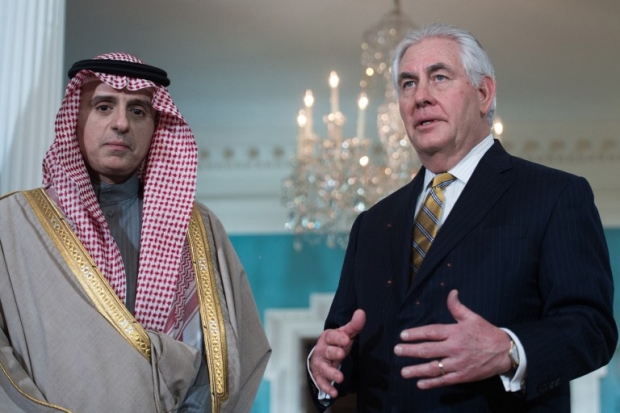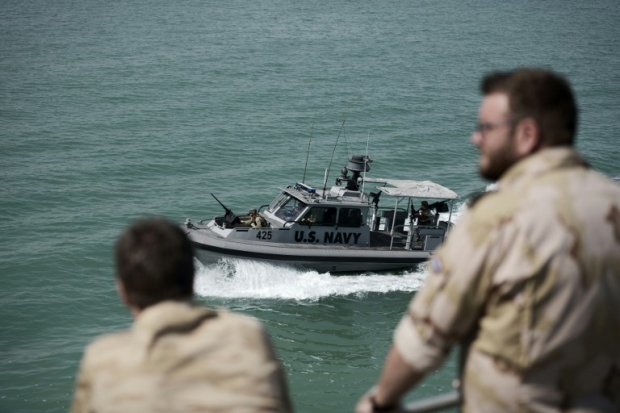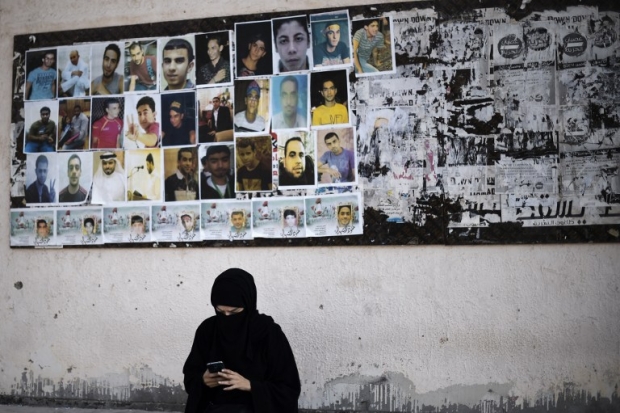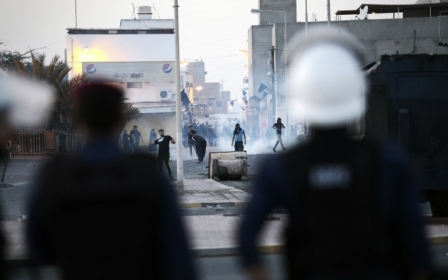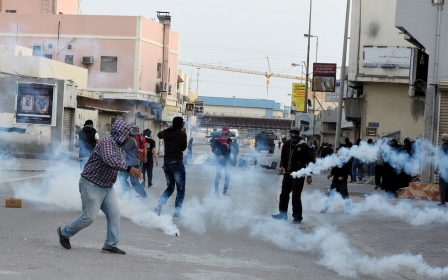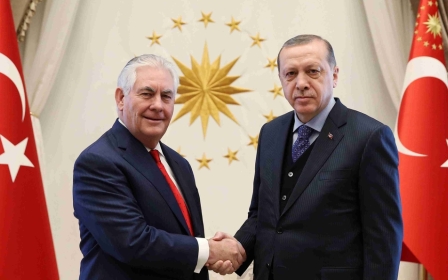US drops human rights linkage in Bahrain jet sale
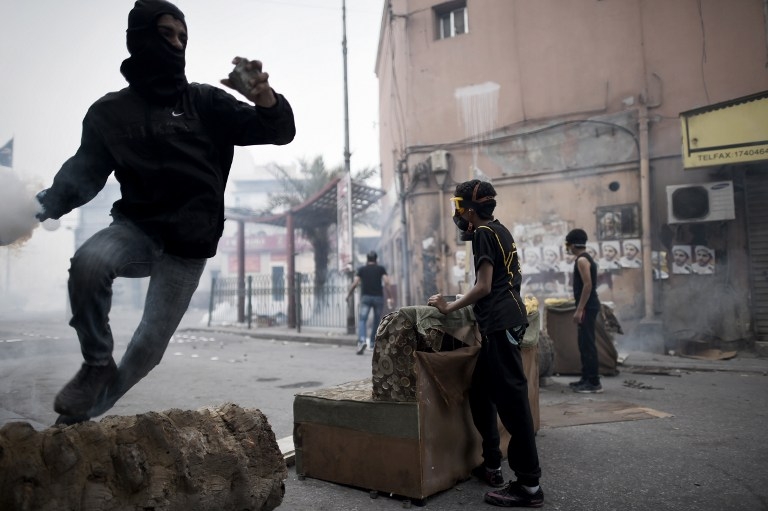
The United States has lifted all human rights conditions linked to the sale of arms and F-16 fighter jets to Bahrain - and might soon resume selling smart bombs to Saudi Arabia.
The US State Department notified Congress on Wednesday that it decided to remove the conditions imposed by the Obama administration and follow through with the sale of 19 new fighter jets worth $2.8bn and other military equipment for the Bahraini fleet, the New York Times reported.
On the same day, the commander of US forces in the Middle East, Army General Joseph Votel, told a congressional committee that human rights conditions on foreign arms sales to allies could damage military ties. Votel used Bahrain as an example.
“This type of conditionality would be unprecedented and counterproductive to maintaining security cooperation and ultimately addressing human rights issues,” Corker told the New York Times. “There are more effective ways to seek changes in partner policies than publicly conditioning weapons transfers in this manner.”
After Trump's inauguration in January, Corker said he expected the White House to drop human rights conditions and approve the sale.
The decision means US Secretary of State Rex Tillerson has reversed the Obama administration use of military contracts as leverage to push for political reform and respect of human rights.
'There are more effective ways to seek changes in partner policies than publicly conditioning weapons transfers in this manner'
- Foreign Relations Committee’s chair Republican Bob Corker
Under Obama, Washington created a rift with its Gulf allies when it blocked the sale of missiles to Saudi Arabia over concerns about excessive civilian casualties in Yemen.
The Obama administration was initially critical of the Bahraini rulers’ refusal to reform, although later softened its approach. However, it attached conditions to the sale of 19 new fighter jets from Lockheed Martin - worth $2.8bn - after the Sunni monarchy cracked down on the Shia majority after protests broke out in February 2011. Bahrain's leaders also invited Saudi Arabia to enter the country and help suppress protests.
Until now Washington has maintained the human rights conditions, blocking the sale of new weapons.
Bahrain hosts the United States Navy’s Fifth Fleet patrolling the Persian Gulf and it is a key ally in the Trump administration’s bid to contain and confront Iran.
Washington reassures Riyadh
Tillerson’s decision reassures Saudi Arabia and other regional states about Trump's willingness to confront Iran and that the US will relax its demands that governments respect human rights.
The new secretary of state has refused to criticise Saudi Arabia over human rights abuses in his confirmation hearing, signalling that he does not see the point of halting the sales of weapons to key allies.
Tillerson argued that if the concern is excessive civilian casualties, then the sale of “precision kits” to the Saudis could only solve the problem.
Following the State Department's announcement on the Bahrain sale on Wednesday, the US Senate foreign relations committee has 30 days to review the approval and raise any concerns with the sale.
Arms manufacturers - such as Lockheed Martin - have lobbied in favour of the lifting of the conditions on the sale, while human rights advocacy groups wanted them to be kept.
On 14 March a State Department spokesperson was asked whether the US had questioned Bahrain's decision to allow military courts to try civilians and if Trump's administration was going to ease the sale of weapons.
"We’ve raised this particular issue [of the military trials], asked about it, as well as other human rights concerns, with the government of Bahrain," the spokesperson said. "We continue to do so. There’s been no easing up in that regard."
Tillerson criticised
During Tillerson's confirmation hearing he appeared sceptical about reports of human rights abuses in Bahrain and said he needed to make his own assessment of the facts.
Earlier this month he skipped the release of the State Department’s annual human rights report, an unprecedented step for either his Democratic or Republican predecessors who used the report to pressure allies and criticise adversaries.
Tillerson, the former CEO of Exxon Mobil, has also been criticised for favouring advisors on the Gulf from his time as an Exxon executive, and sidelining ambassadors and experts with years spent in the region.
Exxon Mobil did not have particularly close links to Bahrain, the smallest oil producer in the Gulf, especially after it lost a lucrative deal to develop an onshore site to competitor Oxy in 2008. One of Exxon's vice presidents visited Bahrain last September. Bahrain has not found new oil deposits for more than 75 years.
However, Exxon Mobil has close connections with Qatar’s national oil company and a strong interest in keeping the shipping lanes in the Gulf open, for which Bahrain is a strategic centrepiece.
New MEE newsletter: Jerusalem Dispatch
Sign up to get the latest insights and analysis on Israel-Palestine, alongside Turkey Unpacked and other MEE newsletters
Middle East Eye delivers independent and unrivalled coverage and analysis of the Middle East, North Africa and beyond. To learn more about republishing this content and the associated fees, please fill out this form. More about MEE can be found here.


